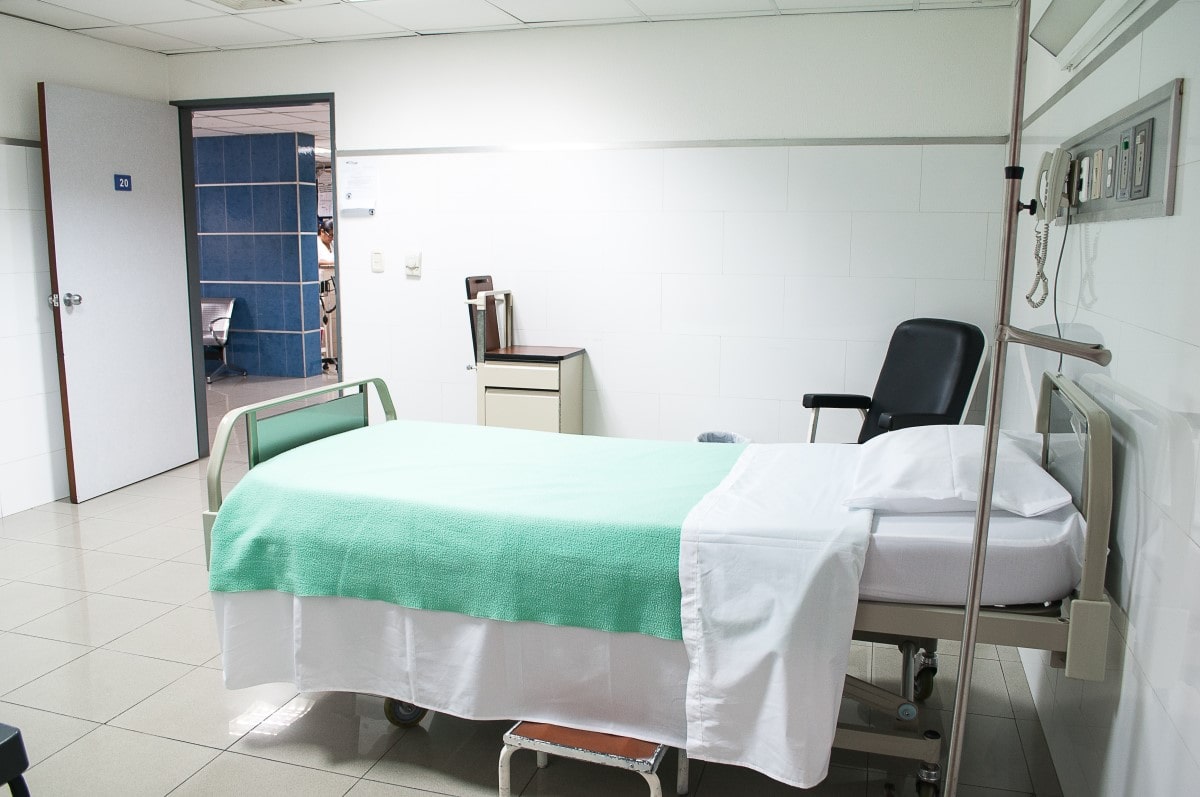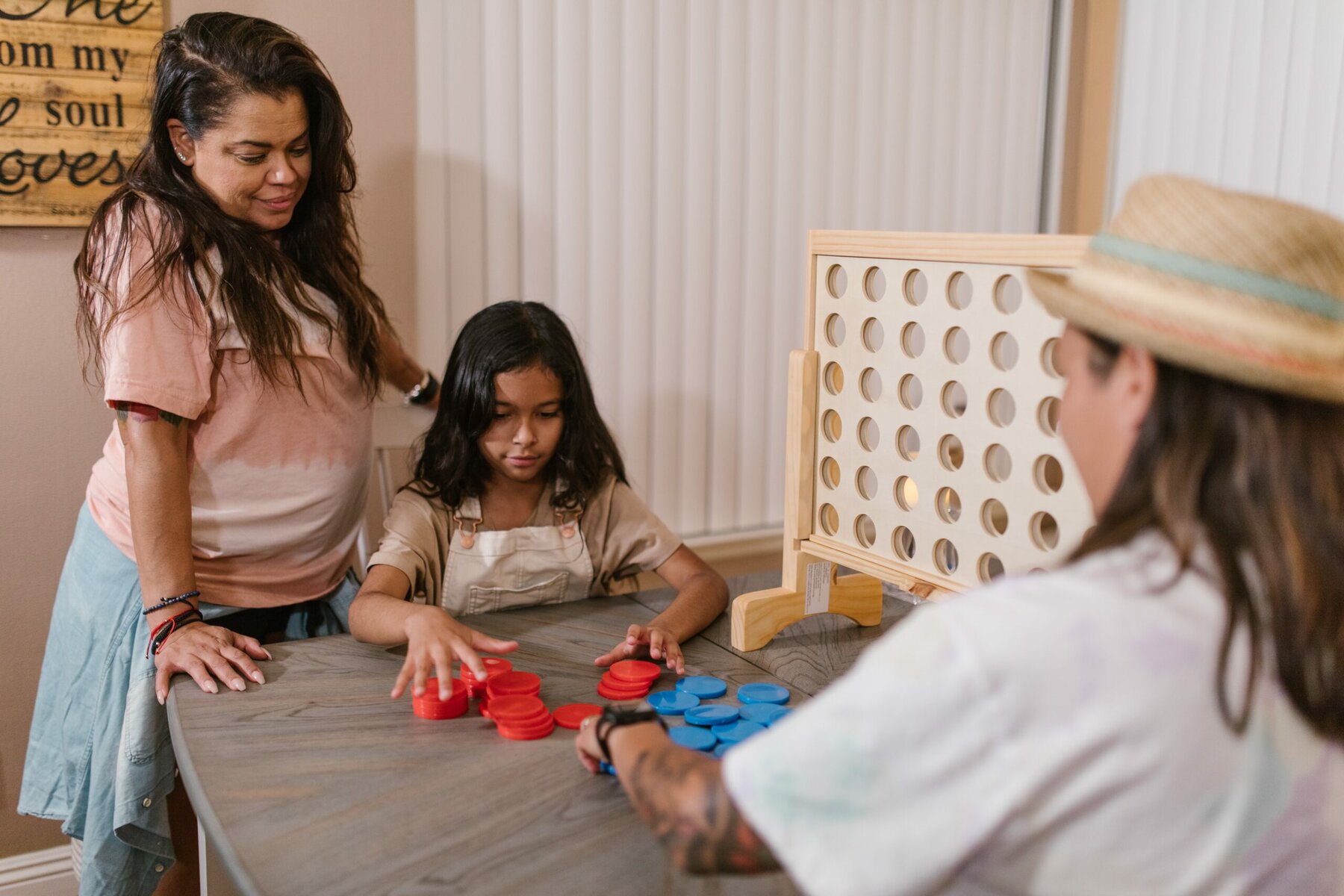Five US military bases are currently being used or are on deck to house those who may have come in contact with the coronavirus, or showing signs of the illness, after traveling to infected countries. March AFB is currently housing 200 evacuees and MCAS Miramar will receive a plane from China on Monday, February 3rd of evacuees made up of US citizens including diplomats. The 3 additional bases that are on standby to house coronavirus evacuees and those who may have come in contact with the disease are MCAS Miramar in Southern California, Fort Carson in Colorado, Travis AFB in California, and Lackland AFB in Texas.
Defense Secretary Mark Esper approved a temporary request from the Department of Health and Human Services to have these additional 4 military bases on standby to house up to 250 evacuees until February 29th, 2020.
But what does this mean for military families? Nothing, really.

Evacuees who are housed at these installations will be quarantined to their housing facility and will not have access to any other part of the installation including base housing, the commissary, or the medical facilities. They will be quarantined for up to two weeks and will be provided basic medical care, transportation, and security in order to limit the contact with the general public.
In a statement to the media, officials stated that “In accordance with CDC guidelines, all evacuees will be monitored for a period of 14 days. Should routine monitoring of the evacuees identify ill individuals, HHS has procedures in place to transport them to a local civilian hospital.”
Official operations and daily life for military families will not be affected by the quarantine on these military installations. Additionally, US troops have been directed to leave China, and any travel to the country has been banned indefinitely.
RELATED: 6 Huge Changes are Coming for Military Families in 2020
Is the Coronavirus Something to Be Worried About?
The Coronavirus was first detected in Wuhan, China, and has since killed over 250 people and over 12,000 people have been reported to have been infected. Outbreaks have been found in China and the United States as well as 26 other countries. The World Health Organization deemed it a global epidemic in mid-January. That all sounds serious and scary, an end-of-the-world, zombie apocalypse pandemic but in reality, it’s not as bad as it sounds.
Coronavirus is a serious virus, and anyone who suspects they may have the coronavirus should visit a healthcare professional immediately. The truth behind the coronavirus is that there are several different strains that are found in both animals and humans The novel coronavirus, also known as 2019-nCoV, is the newest strain that came out of Wuhan, China. It was first believed to be passed from animal to human, but now it has been found that it is being passed with human to human contact.

Although 2019-nCoV is contagious it is no more contagious than influenza and is less harmful and less contagious than diseases like the measles, pertussis, or diphtheria which have an average contamination rate of 12 to 16 people while the coronavirus has a rate of contamination of 3 to 4 people (i.e, for every person that has coronavirus, could, potentially, spread the disease to 3 to 4 people). In addition, the rate of fatalities for coronavirus is currently being reported at about 2% whereas other diseases, like the most recent outbreak of Ebola had a fatality rate of about 50%.
Compared to influenza, coronavirus is still significantly less of a worry. Influenza can kill up to 645,000 people worldwide every single year. Seasonal influenza rates of death are much lower, but that is also with hundreds of thousands of people getting a vaccine every year limiting the number of people who get sick or die from complications related to the virus. A vaccine is currently being produced for the coronavirus.
How the Coronavirus is Transmitted
Much like other viruses, the coronavirus is transmitted by human to human contact. The CDC reports that the coronavirus is spread by, “mainly via respiratory droplets produced when an infected person coughs or sneezes, similar to how influenza and other respiratory pathogens spread. These droplets can land in the mouths or noses of people who are nearby or possibly be inhaled into the lungs. It’s currently unclear if a person can get 2019-nCoV by touching a surface or object that has the virus on it and then touching their own mouth, nose, or possibly their eyes.”
Symptoms of the Coronavirus
Symptoms of the coronavirus are again, much like other symptoms of related diseases including:
- Fever
- Cough
- Shortness of breath
Some victims experience little to no symptoms and for some, it can be debilitating. Symptoms can last 2 to 14 days. Those who have compromised immune systems like children, babies, those with respiratory problems, cancer patients, and those with unrelated illnesses are most susceptible to infection.
How to Protect Yourself Against the Coronavirus
Protecting yourself from the coronavirus is much like protecting yourself and your family from the flu. Wash your hands frequently, limit contact with those who are sick, drink plenty of fluids, and quarantine yourself if you (or your family) becomes sick. There are several different strains of the coronavirus so even if your doctor tells you that you or a family member has it, it might not be the one.
Travel has been banned to China for US government and military personnel and their family members. Military service members have been instructed to leave China as well.
Outbreaks like this can be scary, especially for those with compromised immune systems. But the coronavirus isn’t any more deadly than influenza and probably isn’t the worst thing you can pick up from your local McDonald’s play area. Wash your hands, cover your mouth when you cough or sneeze, and keep family members home when they are sick (even those macho military guys who think they should go to work when they have the flu. You know who you are).
WANT TO READ MORE?
Check out The Perfect Collapsible Water Bottle for Military Families
CONNECT WITH DAILY MOM
💖 NEWSLETTER: DAILY READS IN YOUR INBOX 💖
Sign up to receive our picks for the best things to do, see and buy so you can relax and focus on more important tasks! Let us help you be the best version of yourself you can be!








































